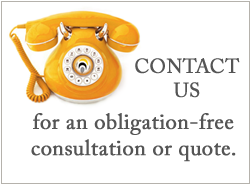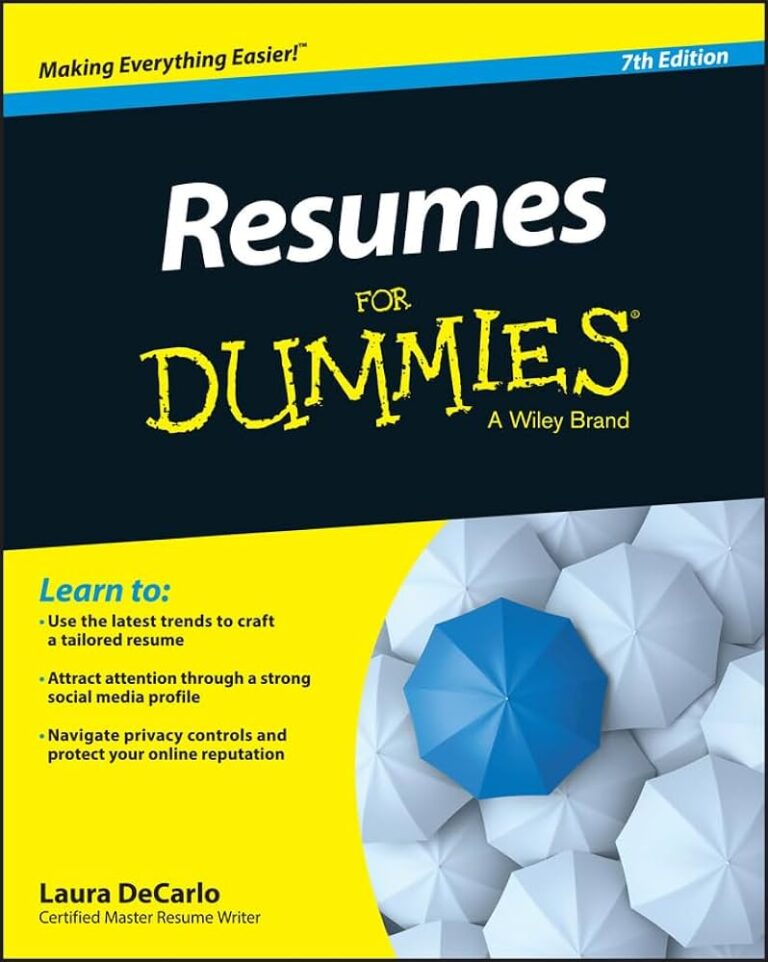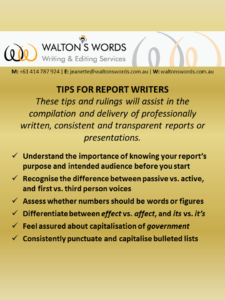Job seeking can often be a psychologically draining exercise, particularly if you’ve been ‘on the hunt’ for a while and/or you’re dealing with multiple knockbacks. Professional, impactful career documentation is no doubt going to help you to stand out among the often large amount of job applicants. Particularly if you have a clear job seeking vision – this will ensure your resume and other career documentation is adequately job tailored. But it’s also important to remain positive and proactive during this career phase. A realistic, routine focus – where the job search is treated like a job – is more likely to influence low stress and anxiety levels (and to transmit positive vibes).
“Sometimes when people are under stress, they hate to think, and it’s the time when they most need to think.” (Bill Clinton, former US President)
It’s really important to establish realistic plans and objectives, as well as boundaries, when on a job seeking mission. An organised, untroubled job applicant, one that takes the time to consider how and where to promote their professional offerings, is going to be far more appealing to recruiters than one sending out ‘stress signals’.
Here are seven ways to help ensure your next job search is focused, balanced and rewarding.
1) Act like you’re in a job: Work out what time of day you’re at your best, and dedicate at least some of this to your job search. Whether looking up job ads or following up on earlier applications, be strict with your time and keep progress notes. Sticking to a timetable should free up time for other interests – much-needed rejuvenation such as exercise.
2) Don’t overstretch yourself: As part of your routine, set a realistic target for each job seeking activity, such as how many applications you’ll send or follow-up calls you’ll make each day. Don’t overdo these targets, as this could lead to unnecessary stress and a sense of disappointment.
3) Use the right tools: Think about what electronic or paper-based resources are going to help you stay organised, such as an online app and/or standard A4 notebook. Itemise and tick off each of your job seeking tasks as you go – you’ll then feel more productive and progressive.
4) Don’t over-stress yourself: Recruiters don’t always acknowledge or respond to job applications, so don’t take this personally. Only focus on the positive career steps and results, and celebrate them.
5) Keep someone close: An accountability partner can help keep you on track and feeling supported. Whether a professional coach or a personal friend, choose someone who has no other interest but to see you employed, and touch base with them at least weekly.
6) Consider giving back: Sticking to a timetable with ‘me’ time should prevent you from becoming obsessed with your job search. Voluntary work could also be beneficial – providing a sense of self-worth and community participation, and perhaps even unexpected job opportunities.
7) Fake it til you make it: Your thought and sensory glands generally respond well to positive thoughts, so keep visualising career achievements. Focus on those ‘scarier’ job search tasks, such as making a cold call, and visualise success and optimistic outcomes.
___________________________________________________________________
Walton’s Words has extensive experience in helping job seekers compile professionally written, career-selling documentation. We can help construct resumes, cover letters, LinkedIn profiles, selection criteria and any other documentation that will help you win your dream role. So drop us a line or give us a call if you’d like some assistance with your next career step.




